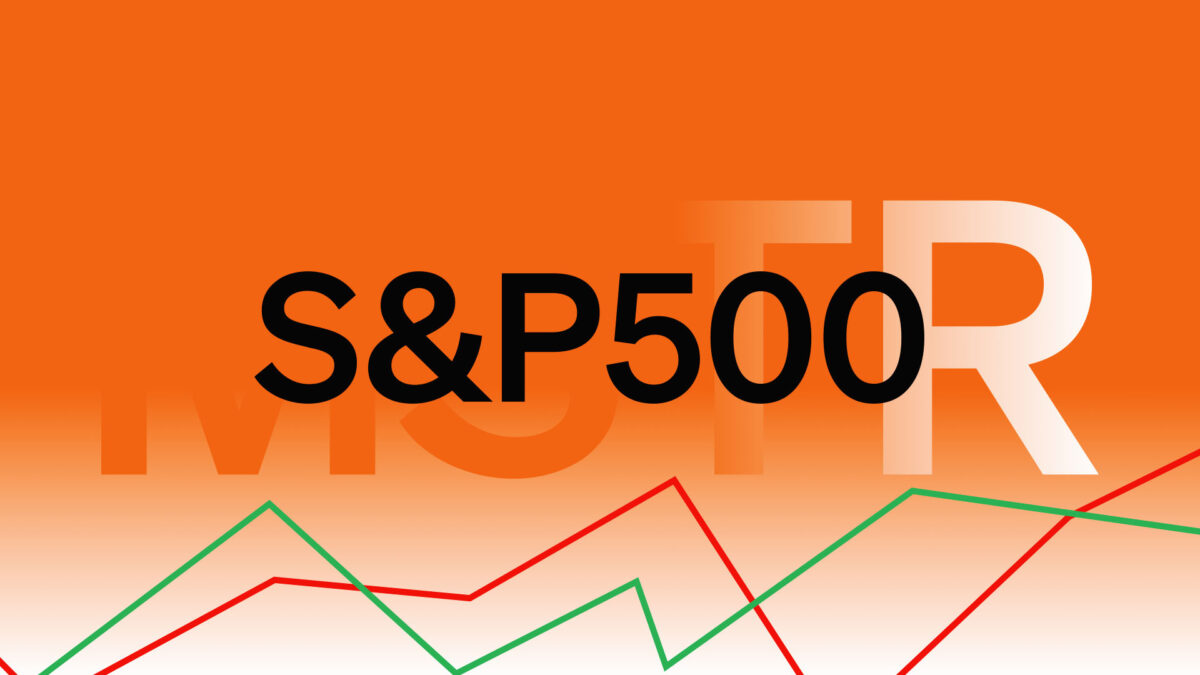Why the S&P 500 committee could deny MSTR inclusion on Friday

The S&P 500 selection committee met yesterday to discuss Strategy (formerly, MicroStrategy). Many investors expect Strategy’s common stock, MSTR, to gain acceptance into the prestigious S&P 500 Index when it announces its decision on Friday, but approval isn’t guaranteed.
Michael Saylor’s $96 billion bitcoin (BTC) treasury company looks to have ticked off all items on S&P Dow Jones Indices’ checklist. These include:
- Having a US domicile and deriving the majority of its revenue from the US
- Listing its securities — ideally common stock — on a major NYSE, NASDAQ, or CBOE exchange
- Having a market capitalization ranking in the 85th percentile of the S&P Total Market Index, which is approximately a $23 billion minimum that fluctuates with real-time prices
- Trading a minimum of 250,000 shares in each of the six months leading up to the evaluation date
- Ensuring the sum of the its most recent four consecutive quarters of GAAP earnings are positive
- Reporting positive GAAP earnings in its most recent fiscal quarter
However, one final obstacle remains.
At the end of the process, a committee whose members are not publicly known manually approve constituents.
The S&P US Index Committee determination on MSTR
Decisions about entrance into the S&P 500 are discretionary. The committee has the ultimate say and does not have to explain its denials.
Tesla, for example, experienced lengthy and unexplained delays in its bid for inclusion despite satisfying technical criteria many months prior.
Ultimately, the reason MSTR might not join the S&P 500 Index on Friday could simply come down to human discretion.
The S&P US Index Committee, which is separate from the Averages Committee that oversees the Dow Jones Industrial Average, includes senior analysts within S&P Dow Jones Indices, jointly owned by CME Group and S&P Global.
Dow Jones Indices withholds names of its Averages and US Index committees from public view to deter financial or social lobbying.
Read more: The global web tied to MicroStrategy’s $71B bitcoin stash
The committee has never granted access to a BTC treasury company before. A pioneer of this new type of public equity, MSTR is new type of stock whose valuation overwhelmingly derives from the company’s BTC holdings rather than discounted cash flow analysis of a profitable enterprise.
Passive flows: The tailwind of index inclusion
The S&P 500 is the world’s most powerful stock index, responsible for tracking over $52 trillion in market capitalization or 11% of the world’s total wealth of approximately $470 trillion.
Hundreds of millions of people around the world invest in S&P 500 price-tracking funds.
For Strategy, inclusion would grant substantial benefits. Constituents benefit from passive flows which are automatic purchases as retirement funds receive contributions from workers and their employers.
Unlike discretionary purchases that benefit whichever stock the active investor selects, passive flows uniquely benefit index constituents.
Of course, the price of MSTR is able to rally into S&P 500 Index announcements, as sophisticated investors buy the rumor and sell the news. For this reason, approval is never guaranteed to improve any stock price.
Historically, many companies have satisfied selection criteria yet ultimately received denials. AppLovin received an unexpected denial in June, for example, as did Robinhood.
Neither company received an explanation about the denial, and are still hoping for good news on Friday or in upcoming determinations.
Got a tip? Send us an email securely via Protos Leaks. For more informed news, follow us on X, Bluesky, and Google News, or subscribe to our YouTube channel.
